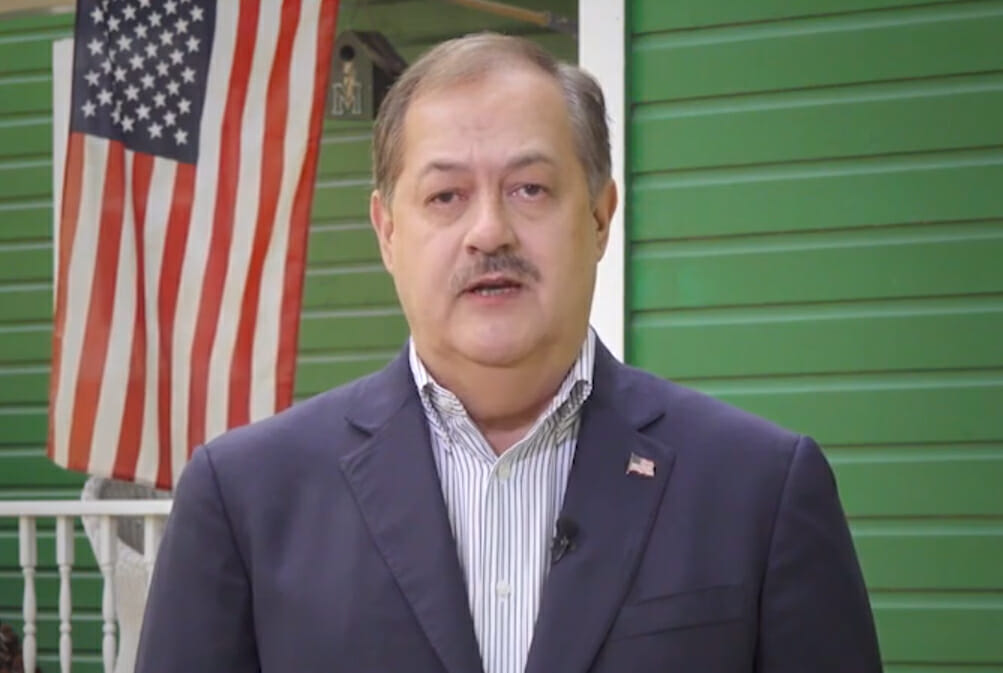As with so much else over the past sixteen months, Donald Trump has managed to undermine the way bigotry is treated in the public eye.
For the past few decades, it has been a bit of ritual dance that gets played in the arena of civil rights: someone makes an offensive comment or acts in an overtly insensitive way and the furies of righteousness descend on the offender. The person apologizes, claims no offense was intended and everyone moves on.
Occasionally, when the offense is particularly egregious, the offender commits to “training” or a rehab program of one sort or another (addiction, diversity training, anger management, etc.).
It has been fairly rote, yet it imparts a lesson to the larger community that bigotry and prejudice are not cost free—that there are certain norms and expectations of conduct, especially if the person is in the public arena, that he/she is expected to adhere to.
For most Americans, it has become an axiom that bigotry and uncivil behavior is unacceptable in public life. In fact, there is some justification for the view that political correctness (delineating what is acceptable and appropriate speech/action in the realm of race, ethnicity, sexual orientation or religious matters) has, on occasion, gone too far. “Micro-aggressions” and implicit bias constrict the limits on what is within bounds.
If extreme sensitivity is on one end of the continuum, what we witnessed this week in the West Virginia Republican senate race—is on the other. The regression to a time of ignoring bigotry and the craven willingness to tolerate hate in the pursuit of other, “more important,” goals.
Don Blankenship, the convicted former head of Massey Energy, was a candidate for the  Republican nomination for Senate this past Tuesday. Mercifully, he came in third and lost. But in his losing may have revealed more about Republican party leadership in the age of Trump than we care to know.
Republican nomination for Senate this past Tuesday. Mercifully, he came in third and lost. But in his losing may have revealed more about Republican party leadership in the age of Trump than we care to know.
His campaign was an insurgent, anti-establishment one. He railed against the powers that be in Washington and the Republican party, with a special animus directed at Senate Majority Leader Mitch McConnell.
McConnell made clear early on that he had one disfavored candidate for the Republican nomination, Blankenship, a man who had no chance of unseating the present incumbent, Democratic Senator Joe Manchin. Not unreasonably, McConnell calculated that a man who just got out of prison for crimes related to the death of 29 West Virginia miners in 2010 was not the ticket to retaining GOP control of the US Senate.
In response, Blankenship took on McConnell, and racism was his tool.
McConnell’s wife, Elaine Chao, is the Secretary of Transportation and is Taiwanese American (she was born in Taipei). Her father is James S.C. Chao, head of the Foremost Group, a large, New York-based shipping line, one of whose ships was found in Colombia to have cocaine hidden on board in 2014.
Blankenship repeatedly referred to McConnell as “Cocaine Mitch” and then made repeated references to McConnell’s and Chow’s “China family” and the senator’s purported efforts to “create millions of jobs for China people.”
Blankenship’s use of “China people” appears to be his bizarre attempt to be politically correct by being gender neutral; but “Chinaman” or “China people” are as offensive as the “N-word” or “kike.” His defense of his use of the term was nearly comical.
What is most distressing about this incident is not that there is someone as obtuse and bigoted running for office as Blankenship—that’s not news (even if he did garner nearly 20% of the vote). Rather, what is alarming is that the powers in the Republican party failed to label Blankenship for the bigot that he is.
Trump tweeted that the “Problem is, Don Blankenship, currently running for Senate, can’t win the General Election in your State” [sic]. For Trump, the problem isn’t the candidate’s bigotry, or his conviction for criminal conduct, or his manifest lack of leadership skills—it’s his odds of winning. Were he a more effective bigot, who knows what the president would write?
McConnell was similarly craven in his response to Blankenship’s bigotry (even though it was his wife who was pilloried). When asked about Blankenship’s racism, McConnell said that how he would characterize Blankenship’s ads would depend on what happened in the election, “Well, we’re going to find out what happens in West Virginia tonight, and I may have more to say tomorrow.” Apparently, if he had the Republican standard bearer to deal with, the ads would be deemed inoffensive. Bigotry is defined on a sliding scale.
Both President Trump and Senator McConnell condemned Blankenship for amoral, utilitarian reasons—because he would undoubtedly lose in the general election—not because he deserved to lose due to his bigotry. A bigot wasn’t ostracized for his hate and prejudice but for his ineffectiveness.
When evaluating bigotry depends on political winds and the effectiveness of its purveyor we have reason to be troubled; were he alive, George Wallace might yet be able to make a comeback.





















 More news and opinions than at a Shabbat dinner, right in your inbox.
More news and opinions than at a Shabbat dinner, right in your inbox.